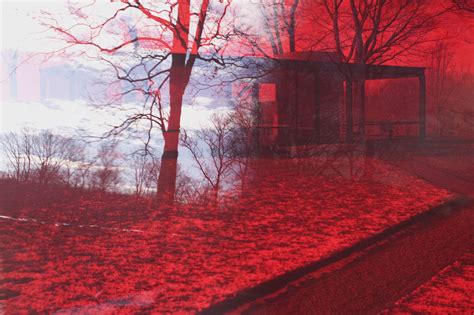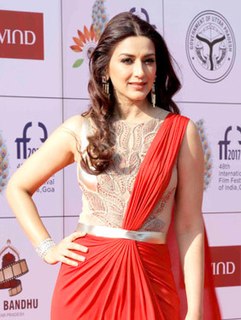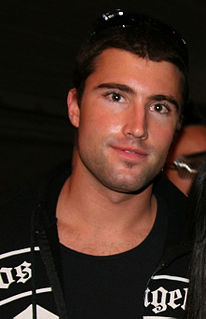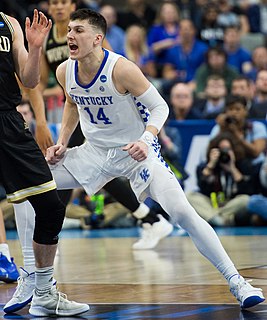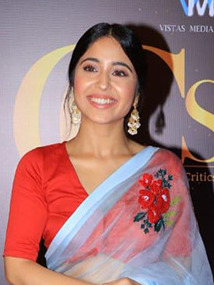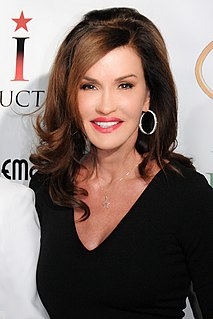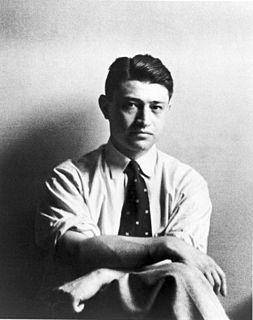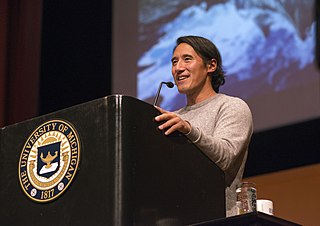A Quote by James Welling
There is a narrative behind every image. I often imagine being able to see the photographer standing behind the camera, or perhaps crouching or running with it.
Related Quotes
Life is about committing ourselves on a daily basis to the best in us. Freedom is a state of mind. Freedom is an attitude. Freedom is a spirit. You may be behind bars, but you still have the capacity to be free. I've visited some people behind bars who are freer than Negroes I see running around every day. Being in jail, or poor, or uneducated doesn't determine how free you can be. There are really only two types of people. Either you're running scared or you're running free. I choose to run free, and you can, too, no matter what your circumstances in life.
... I think it is fair to say that all war photographers hide behind their cameras. I hid behind mine for years and years and years. It was a shield... I think that the photographer in combat has a greater protection than the soldier who has a rifle in his hand. That camera has unbelievable protective power.
When I say: "I'm looking at you, I can see you", that means: "I can see you because I can't see what is behind you: I see you through the frame I am drawing. I can't see inside you". If I could see you from beneath or from behind, I would be God. I can see you because my back and my sides are blind. One can't even imagine what it would be like to see inside people.
Being behind the camera you have control; you have the ability to make decisions for characters, for where the story line's going to go, how you want to put it out there, how you want to edit it. Acting is like where you paint on the canvas, and being behind the camera is like being either the paint or the paintbrush. They're both a part of the creative process, it's just that they have two different functions.
I think the perception of me can be, you know, confused. But that's only because people only see that side of me when I'm at work, in front of the camera. So they don't see Miranda at home; they don't see behind the scenes. They see the glamour of it all but they don't see Miranda standing barefoot in a dirty old house.
